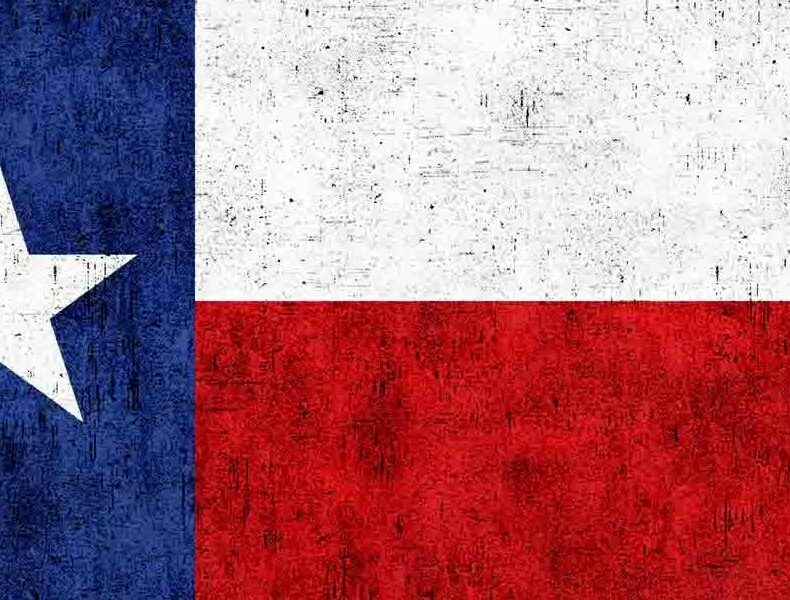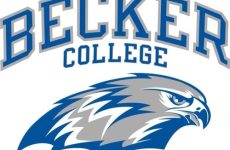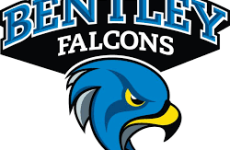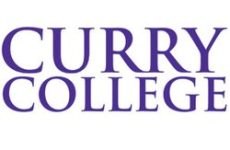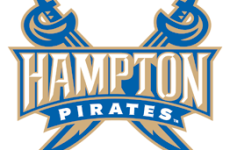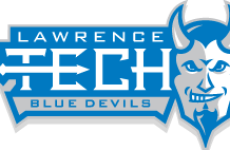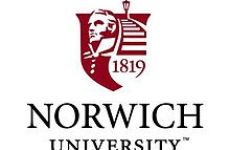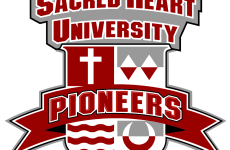Julian Smith’s first attempt at playing college basketball didn’t go as planned. He made it through just one semester of school at South Plains, a community college in Texas. His second attempt was better, but after a year of playing basketball at DIII Southern Vermont, Smith left because it was too expensive. His third shot didn’t come until 5 years later, when he least expected it.
“I know I can still go and I always loved playing the game. My peers looked up to me for doing all the different things I did outside the military and I just still want to do that in a sense for them. This is the ultimate. It’s like I’m putting it all together since the first time I talked to my buddies about what we aspire to be. So going on to play professionally, that would be nice.”
Just after graduating high school, Smith accepted a full-ride scholarship to South Plains College just days before the school year started. He didn’t even visit the school before flying out to attend. The first semester was a little overwhelming for him and he acknowledges he wasn’t ready for it at that time in his life. After leaving South Plains, his next year was spent playing for Southern Vermont University. He finished a year of school there before leaving due to its costly price tag. Smith then went into the workforce, bouncing around from stints as a security guard at ESPN to working security for a museum in Connecticut.
Smith became frustrated by the lack of consistency in his work and life. He needed something more. That’s when he started talking to family members that had been in the military. Realizing he needed something else in his life, he decided to join the Army.
After completing basic training, Smith was stationed in Fort Lewis, Washington as a fueler. Usually, fuelers are attached to an infantry unit, but for Smith, he’d spend his days setting up fueling stations on the base amidst the booming sounds of aircrafts taking off and landing just steps away from him. Some days, he’d climb aboard these helicopters and go on training missions with the crew. Once they’d land, he’d hop off and get to work setting up their fueling station.
Initially, Smith was depressed when he got to Fort Lewis. The transition from the east coast to the west coast was tough, and the infamously gloomy Washington weather wasn’t helping. Had he made the right decision to join?
Incidentally, Smith’s best friend from basic training, Keenan Jones, was stationed at Fort Lewis not long after Smith arrived. Smith also started playing basketball on the post and even applied for the All-Army team. Things were looking up for him. In the 2012 Joint Base-Lewis-McChord Intramural Army Basketball Championship, Smith remembers facing Andre Hall who had previously played on the All-Army team. Smith’s team won, and Hall was so impressed with Smith’s playing that he vouched for him when the All-Army coach was sifting through hundreds of applications.
“There are thousands of people in the service so for me being able to get picked to try out was humbling.”
Smith learned that he had been chosen to try out for the All-Army team later that year in 2012. He headed to Fort Indiantown Gap, Pennsylvania, about 100 miles west of Philadelphia, to compete for a spot on the team.
“I had never heard of that place before in my life,” Smith says.
Nevertheless, Smith and his team went through brutal practices there. Their drills would require constant running and their bodies would be pushed to the max. They would practice until they beat a time in a certain drill or made a specific number of shots. There were no breaks.
The grueling practice paid off when Smith and the All-Army team took on their first scrimmage opponent and he put up 17 points, 5 rebounds, 4 assists, and 2 steals. He still remembers those numbers because that game reminded him what all the hard work was for, and showed his coach and teammates that he could do a little bit of everything.
As the three-week training and tryouts were coming to an end, though, Smith learned he would be the final player to be cut.
“There are thousands of people in the service so for me being able to get picked to try out was humbling,” he says.
When All-Army coach, David Smith, then an Army logistics major, told the team that he had connections to a few college teams at different levels looking for players, Smith decided there’d be no harm in throwing his name in the hat now that he would be returning to his post in Washington.
Not long after he got back to Fort Lewis, Smith was contacted by NAIA DII Northwood University and offered a partial scholarship to play basketball. He was hesitant. He didn’t want to leave his military buddies behind and he enjoyed the structure the Army gave his life.
“They really made me feel at home from the beginning. I was able to get right into the routine of waking up early, working out, and going to class. It still had that structure like the military.”
By that point, though, Smith started recognizing that his senior officers were getting paid a whole lot more than he was despite their being the same age or slightly older than him. He asked around and found that they were making more money because they had earned college degrees before commissioning as officers. Smith was now determined to get a degree of his own and accepted Northwood’s scholarship offer. He joined the basketball team in 2013.
“They really made me feel at home from the beginning,” he says, “I was able to get right into the routine of waking up early, working out, and going to class. It still had that structure like the military.”
Smith’s team was a diverse batch of men. His teammates hailed from Germany and Sweden to Puerto Rico and Antigua. There were a few older guys on the team, including Smith himself. His team was a melting pot of personalities.
But the transition from military to college life was not without challenges. Being a student again was not easy and Smith was having a hard time keeping up with his studies. He was taking nearly 7 classes each semester so he could graduate on time.
“I started asking for help if I didn’t get something and I stayed after class to see tutors if I needed to,” he says.
On top of his studies, basketball took up a lot of his time and energy. His coach, Rollie Massimino, the legendary former coach of Villanova during their 1985 NCAA Championship season run, pushed the team to do two-a-day practices starting at 5 a.m.
“I started to ice my body to feel better, and then I started putting bags of ice all over myself,” he says, “I looked like the Michelin Man.”
When Smith’s team played Wichita State, Villanova, and Iowa, the games were televised. Smith’s military buddies back in Washington would stream and watch the games on the post. They were inspired by his decision to go back to school and let him know they supported his decision to go back to school. Smith became a guy that his Army friends would go to for advice. They were hesitant to leave the Army and go through the transition to civilian life.
“I reminded them they went through and finished basic training, they did all these other things in the military, and if they could do that then they could go back to school,” he says.
His best friend, Keenan Jones, was among those who went back to school after Smith convinced him he could handle it. Jones recently graduated from college with his degree.
As for Smith, he graduated on time from Northwood University in 2015 with a Bachelor’s Degree in Business Administration. He’s currently taking classes at Naugatuck Valley Community College in Connecticut to earn his associate degree in Computer Networking. He works at the Boys and Girls Club inside of a juvenile detention center. There, he serves as a youth mentor and runs programs like the street smarts program that helps youth understand what’s going on in the outside world so they’re prepared to succeed when they’re released.
“I like this job more than any job I’ve ever had before,” he says.
That’s not the only thing Smith is up to these days. He’s also actively pursuing a professional basketball career, something he’s doing for himself but also for his Army buddies.
“I know I can still go and I always loved playing the game,” he says. “My peers looked up to me for all the different things I did outside the military and I just still want to do that in a sense for them. This is the ultimate. It’s like I’m putting it all together since the first time I talked to my buddies about what we aspire to be. So going on to play professionally, that would be nice.”
